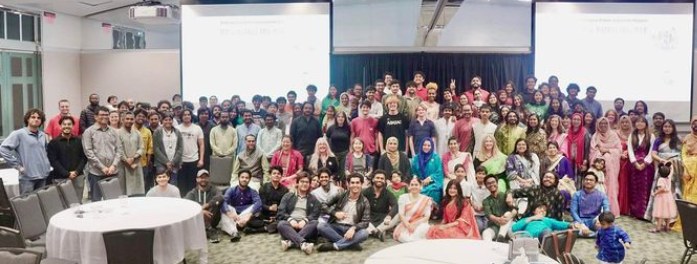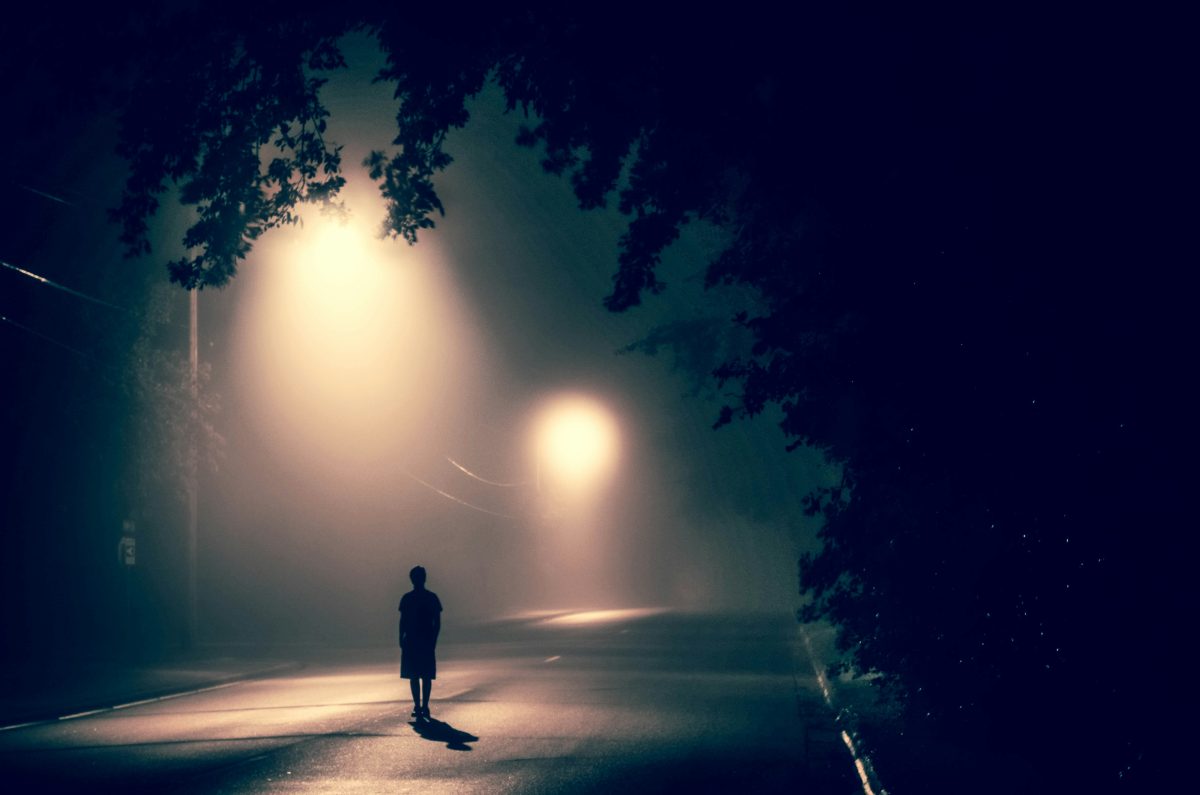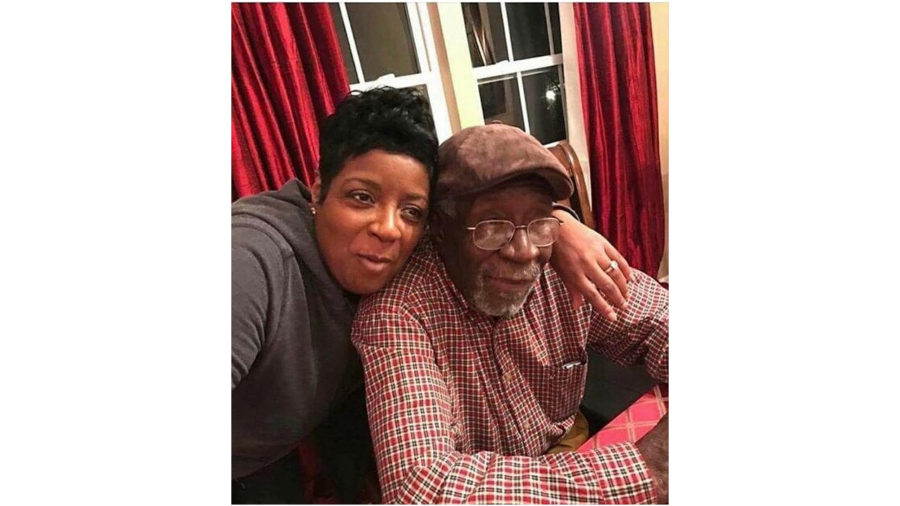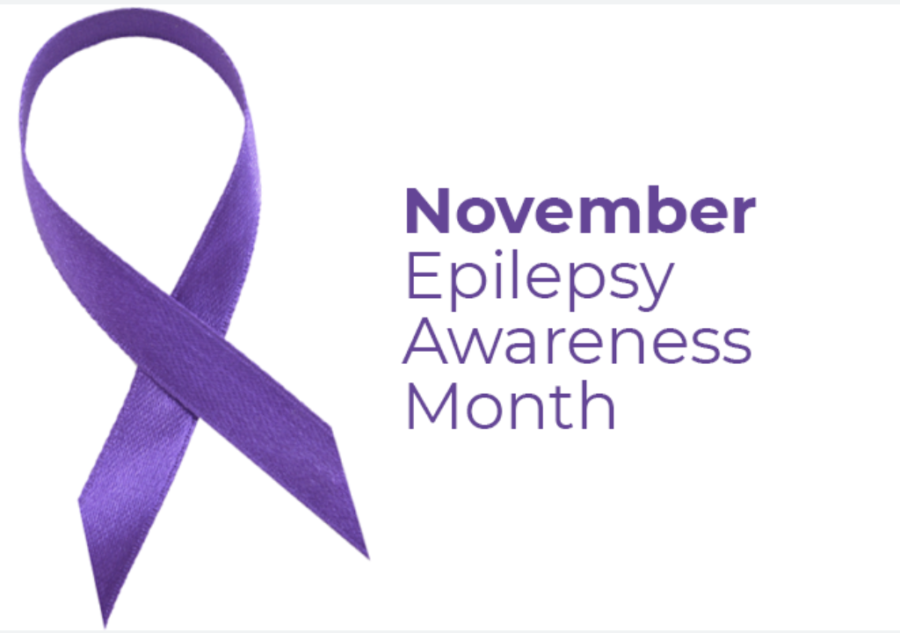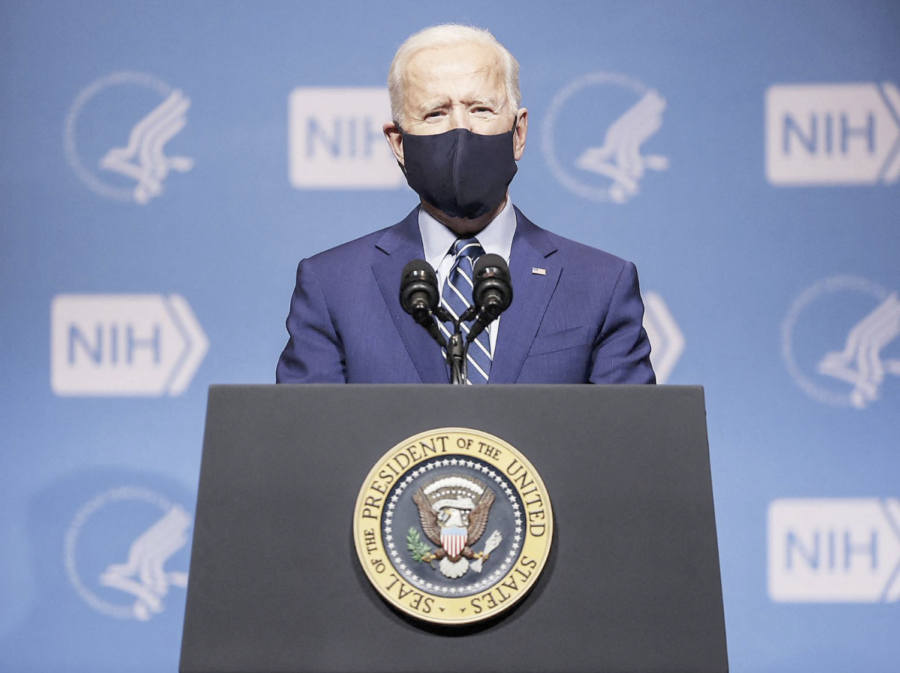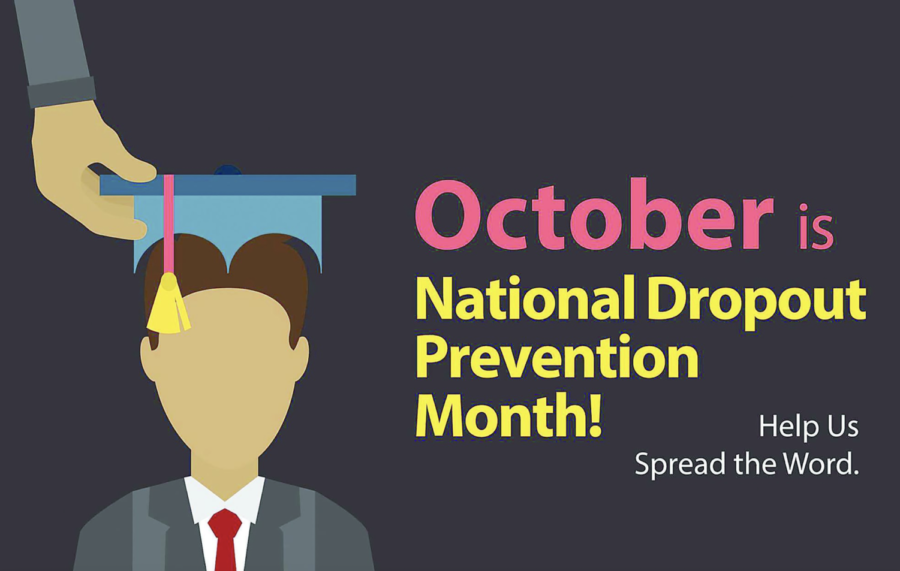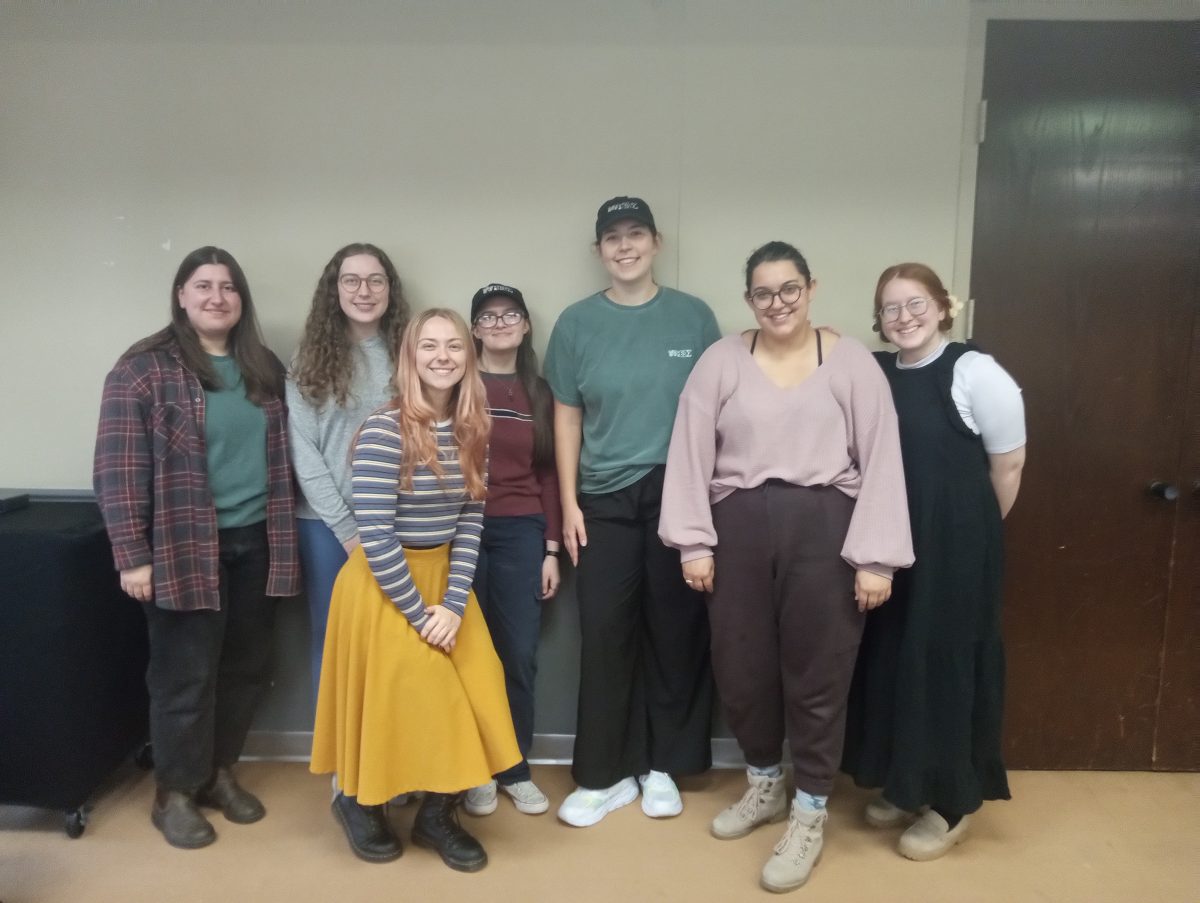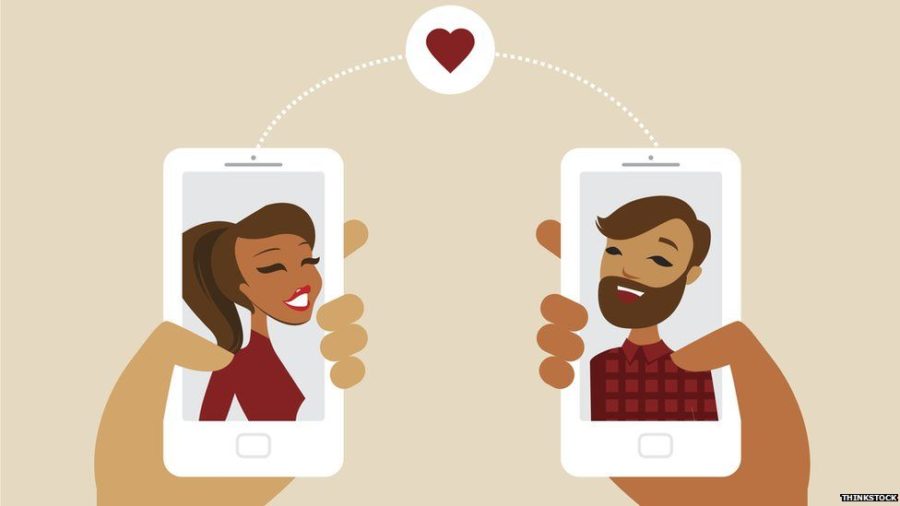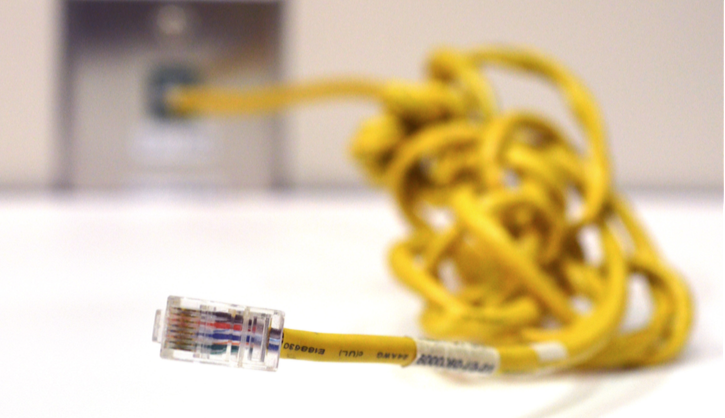On Easter Sunday, residents of Cleveland, Ohio, were advised to stay indoors due to an alleged serial killer on the loose.
The man in question, Steve Stephens, recorded himself calling a friend, telling them that he had killed 13 people minutes before murdering 74-year-old Robert Godwin, Sr. on camera.
Many were quick to (perhaps, wrongly) blame Facebook after hearing rumors of Stephens sharing videos – one admitting to the murder of 13 people, one of the actual shooting of Godwin, and the last confessing to the murder – via Facebook Live.
Vice President of Global Operations for Facebook Justin Osofsky clarified Facebook’s role in the mass hysteria with the following statement:
“In this case, we did not receive a report about the first video, and we only received a report about the second video – containing the shooting – more than an hour and 45 minutes after it was posted. We received reports about the third video, containing the man’s live confession, only after it had ended.
We disabled the suspect’s account within 23 minutes of receiving the first report about the murder video, and two hours after receiving a report of any kind. But we know we need to do better.”
However, Godwin’s murder is not the first criminal act to be broadcasted on Facebook. This past March, a 15-year old girl in Chicago was gang raped on Facebook Live. Shockingly, with more than 40 viewers, no one reported the rape to police. That same month, teenager Naika Venant committed suicide on Facebook Live. A friend of Venant’s watching the stream managed to call authorities but was too late.
The story of Godwin, the 15-year old rape victim and Venant remind us all that essentially it is on us, the Facebook friends and viewers, to report incidents like this not only to Facebook but also to local emergency contacts.
However, to report tragic occurrences like those, we must first watch the videos. Many of us, myself included, have most likely never been online friends with someone who has committed a crime and shared it on camera. We find out about injustices after these videos have been shared thousands of times when it randomly pops up on our timelines.
I learned of Godwin’s murder on Twitter after an anonymous account reposted Stephen’s video. Knowing the violence I was about to witness, I contemplated exiting the page before pressing play. Somehow, I managed to watch, pausing the video for a few seconds right before watching Godwin die. Hearing the man’s voice as he pled for his life before it ended is what broke me.
After watching, I felt sorry for those who are triggered by acts of violence like these. Moments later, I found myself more sorry for the victim’s family. Someone had retweeted a tweet from Godwin’s grandson Ryan Godwin. The tweet said, “Please please please stop retweeting that video and report anyone who has posted it! That is my grandfather show some respect #Cleveland.”
Of course, I obliged. If any of us were in Ryan’s shoes, I am sure that we would not want the senseless death of our family member broadcasted on social media. To have the option of constantly reliving the murder would be emotionally damaging.
While I am glad that I did not retweet the video, I am slightly ashamed that I did not report the account for posting it. I am sure that Twitter has removed it by now, but the process could have been faster if I, along with the other thousands of viewers, would have reported it. To blame unaware social media outlets and the executives who run those outlets for not immediately taking the videos down is lazy and unfair.
Therefore, features like Facebook Live or normal video functions on Twitter and Facebook should not be removed. To have those options, which many use to express themselves, taken away just because a few users decided to abuse them would be unfair to everyone else.
However, it is on us, the people who use social media apps daily, to report misconduct. We as a society must be more vigilant about not exhibiting the bystander effect online or offline.




